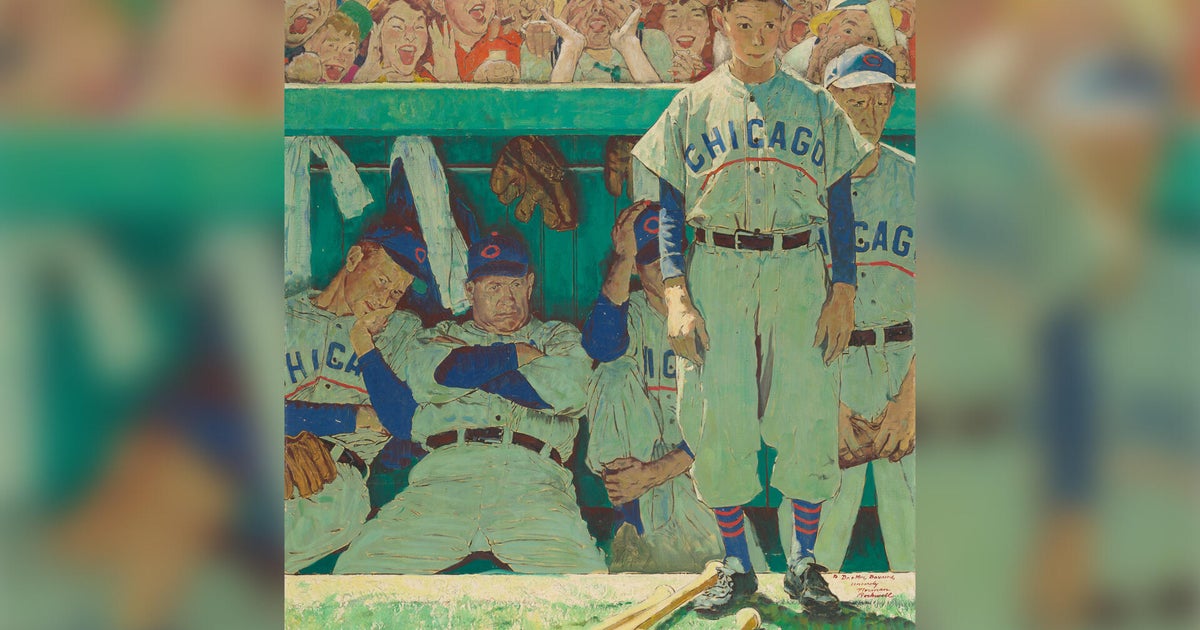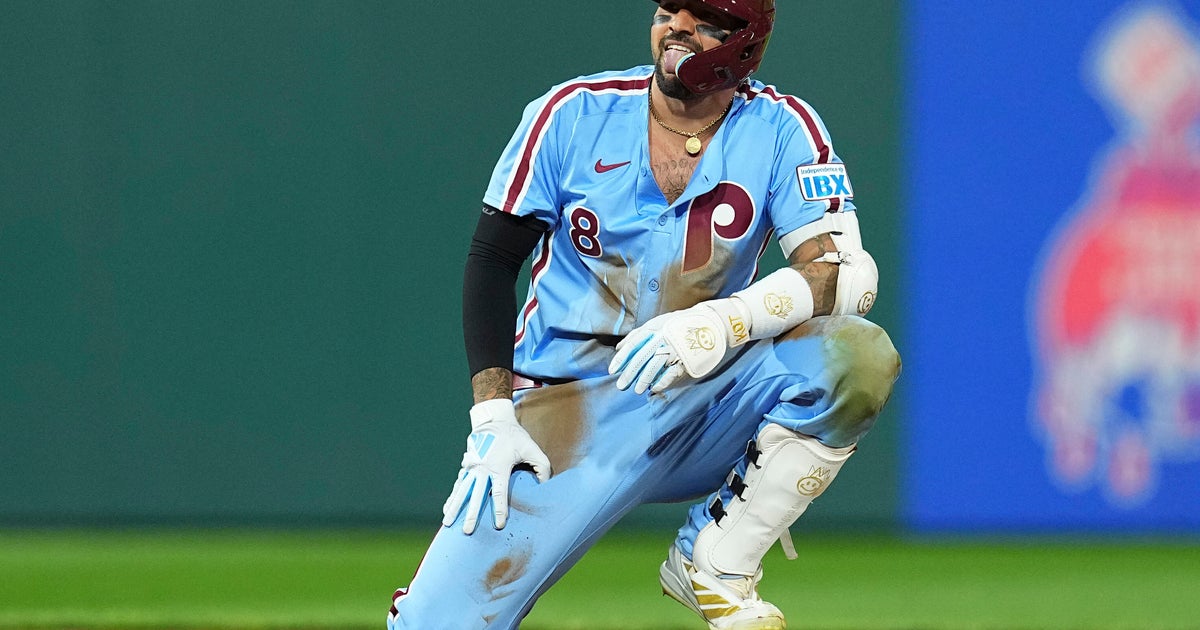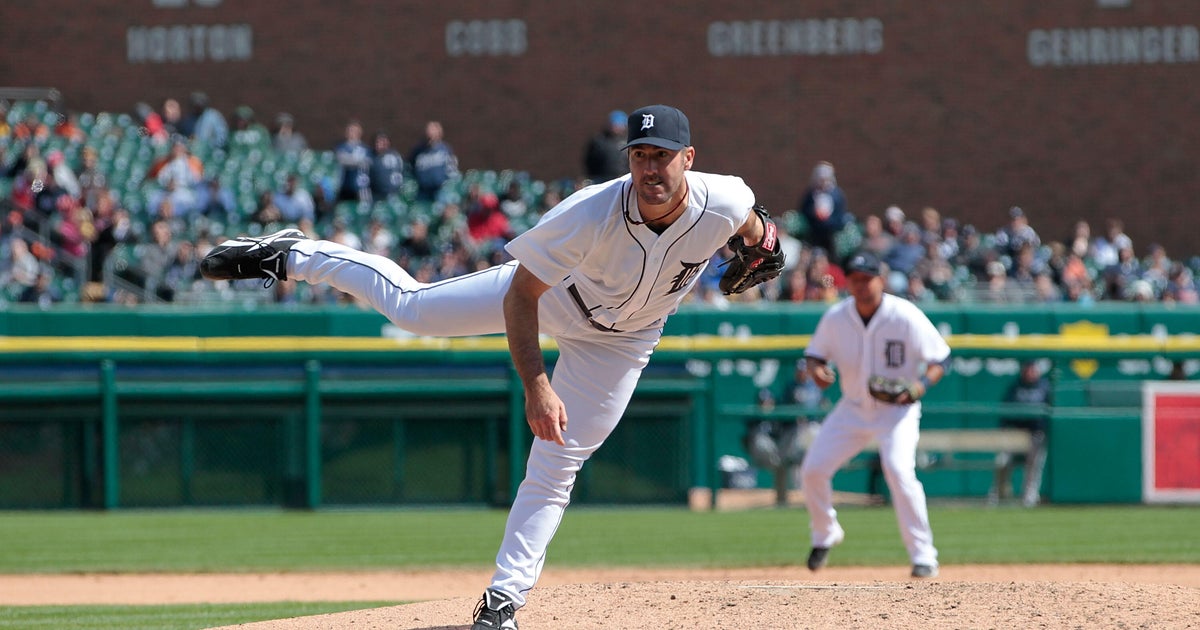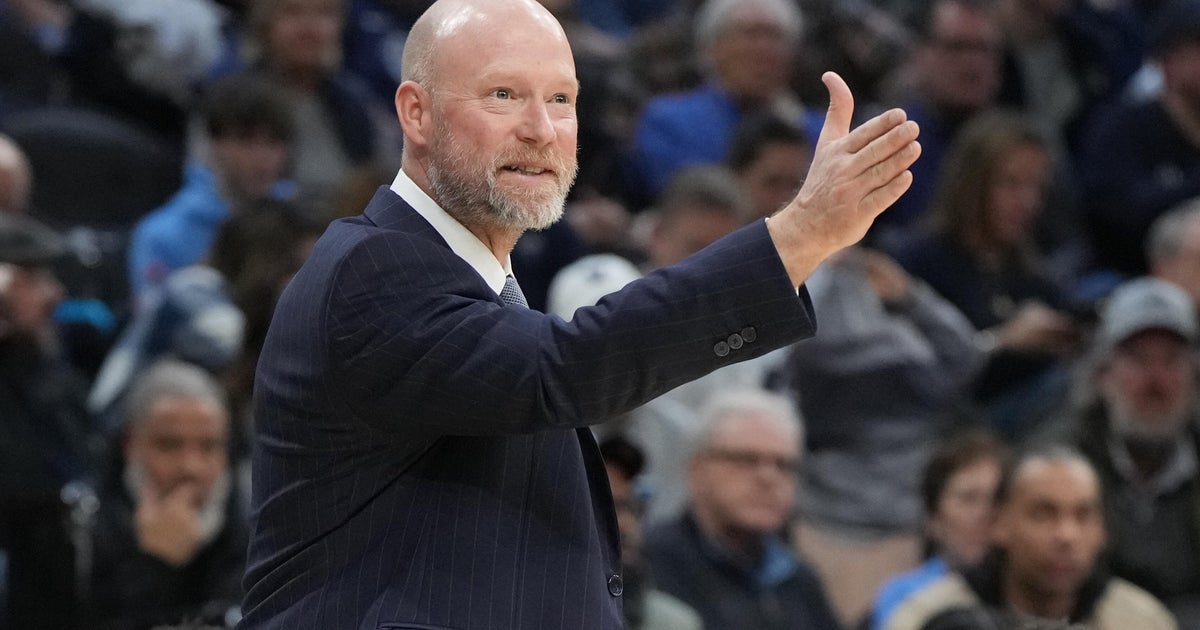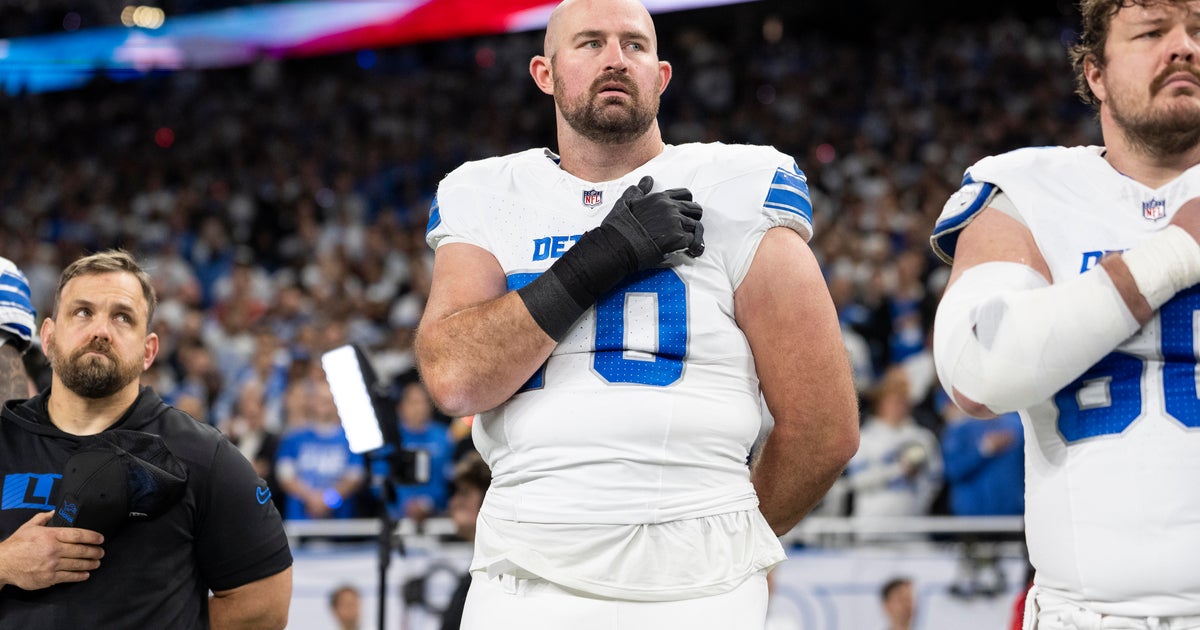Red Sox Can't Give Up On Jon Lester
BOSTON (CBS) -- In a season full of bizarre moments for the Boston Red Sox, the scene on Sunday afternoon may have been the hardest to believe.
There was Jon Lester, not long ago a local hero for his winning battle with cancer and his World Series victory, walking off the mound after allowing an unfathomable 11 earned runs in just four innings, his ERA ballooning to 5.46, nearly two runs higher than his career mark. But as hard as it was to understand just how poorly Lester's pitched this year, it was the sound of Fenway Park that many never imagined to be possible.
The fans were booing.
Not all of them booed, of course, but the sound was nevertheless a bit startling. That's not to say that fans don't have the right to boo the "ace" of a staff who's pitching poorly, it's just a scenario that as recently as last summer would have been considered impossible.
Yet, that's where Lester and the Red Sox are right now, one week before the trading deadline, and it's leading some to believe the Red Sox should clean house. That would mean getting rid of anyone and everyone involved with last September's collapse and this year's sub-.500 performance, regardless of past contributions or the reality of dumping their contracts. For many, that means Josh Beckett, the former ace and World Series champion, and for others, it even means Lester.
But while the idea of saying goodbye to big names and big contracts in exchange for revamping the farm system and building some depth may be tempting, it just won't be the Red Sox' course of action with regard to Lester.
Yes, the lefty's struggles this season defy explanation. He's 5-8 this year, allowing a career-high 10.3 hits per nine innings while striking out just 7.5 batters per nine innings, his worst mark since 2008. That year, though, he went 16-6 with a 3.21. This year, it's a rather different story.
But a bad stretch, or even a bad season, is not enough reason to part ways with a 28-year-old lefty who's under contract for two more seasons at a very affordable price. Left-handed starting pitching is perhaps the most sought-after commodity in the sport, and paying any lefty on average less than $11 million for this and the next two seasons will always be considered a deal. And despite this year's inexplicable struggles, he's still the same pitcher with a career record of 81-42, a career ERA of 3.75 and a well-earned reputation of being a No. 1 or 1A starter for a team that contends every year.
While Lester's past success isn't doing much for him at the moment, there is precedent for a great young pitcher to suddenly lose his mojo. In 2008, Justin Verlander was coming off a season when he went 18-6 with a 3.66 ERA, and a 2.73 strikeout-to-walk ratio, a campaign that ended with him finishing fifth in Cy Young voting. His career record at that point was 35-17 with a 3.74 ERA. Then, in 2008, he went 11-17, earning the distinct dishonor of leading the league in losses. His ERA was 4.84, and his strikeout-to-walk ratio plummeted to 1.87.
It was the lowest of lows for Verlander, but how did he respond in 2009? Only by going 19-9, completely reversing course by leading the league in wins, and posting a 3.45 ERA and a league-leading 10.1 strikeouts per nine innings, more than doubling his strikeout-to-walk ratio from 1.87 to 4.27. He finished third in the Cy Young voting that year, and overall since that dreadful 2008 season, the righty is 72-28 with a 2.95 ERA, last year becoming the first pitcher to win the MVP Award since 1992.
The point here isn't that Lester is Verlander. The point is simply that even the best pitchers have bad seasons where they hardly look worthy of having any spot in the rotation, let alone the No. 1 spot. The causes of these seasons is unknown, as much to the player and coaches as it is to the booing fans in the ballpark, and they can drive even the most patient observer to a boiling point.
But they don't necessarily ruin careers. The Red Sox drafted Lester in the second round in 2002, waited more than four years to bring him up to the bigs, supported him after his cancer diagnosis in 2006, and enjoyed his great success for the following five seasons. The Sox still believe in him, and with plenty of good reason. While many players on the current roster may be fair game to be traded to a hungry contender in the next week, Lester won't be one of them.
Read more from Michael by clicking here, or find him on Twitter @michaelFhurley.


